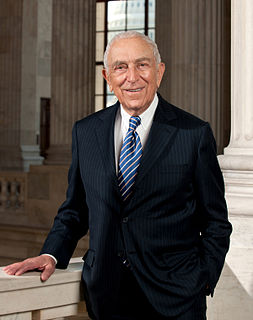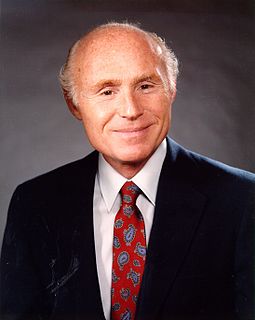A Quote by Jay Alan Sekulow
This is the most historic moment in Supreme Court history in our lifetime, no question about it. These are justices who are going to serve for decades.
Related Quotes
In my lifetime, it's the Supreme Court, not Congress, that integrated our public schools, that allowed people of different races to marry, and established the principle that our government should respect the value of privacy of American families. These decisions are the legacy of justices who chose to expand American freedom.
Here is what Hillary Clinton said. Crooked Hillary said, "You know, when we talk about the Supreme Court" - fake smile - "it really raises the central issue in this election, namely what kind of country are we going to be." Well, she's right about that, actually, but not in the way she means. "What kind of opportunities will we provide our citizens." The Supreme Court's not about that. Supreme Court is the law, and their cases are not about opportunities being provided for our citizens.
When it comes to the Supreme Court, the American people have only two times when they have any input into how our Constitution is interpreted and who will have the privilege to do so.First, we elect a president who has the power to nominate justices to the Supreme Court.Second, the people, acting through their representatives in the Senate, have their say on whether the president's nominee should in fact be confirmed.
The notion that the Supreme Court comes up with the ruling and that automatically subjects the two other branches to following it defies everything there is about the three equal branches of government. The Supreme Court is not the supreme branch. And for God's sake, it isn't the Supreme Being. It is the Supreme Court.
We often imagine that the court serves as a sort of neutral umpire controlling the warring political branches. But this is mostly myth. The justices of the Supreme Court are themselves actors in the struggle for power, and when they intervene, they think carefully about how their decisions will affect the court's own legitimacy and authority.
Today, no less than five Supreme Court justices are on record, either through their opinions or speeches (or both), that they will consult foreign law and foreign-court rulings for guidance in certain circumstances. Of course, policymakers are free to consult whatever they want, but not justices. They're limited to the Constitution and the law.


































